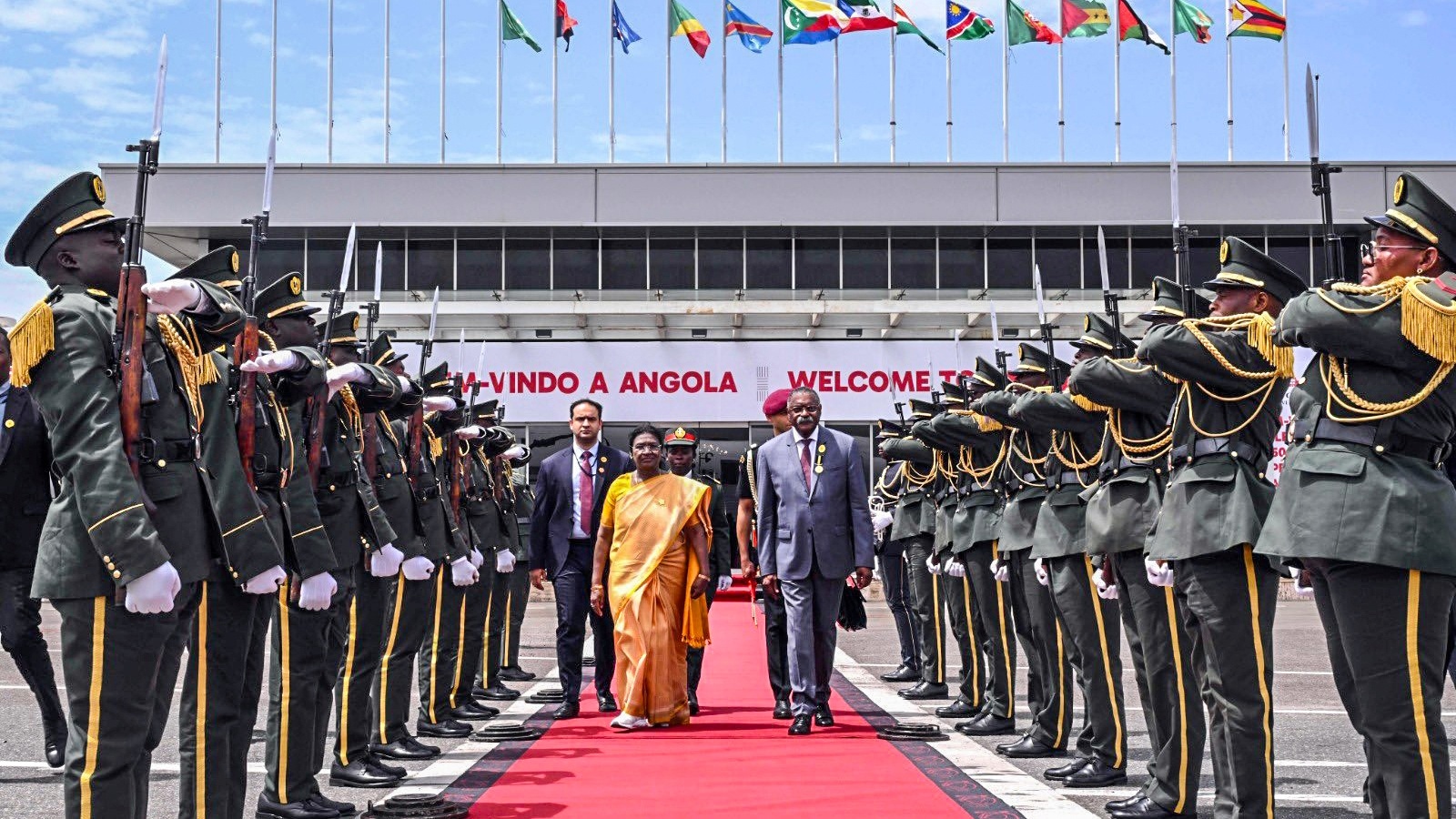The Telangana High Court on Wednesday extended till January 19, 2026 the interim orders not to initiate adverse action against former Chief Minister K. Chandrasekhar Rao and three others based in the findings of P.C. Ghose Commission over irregularities in Kaleshwaram project execution.
The other three included former Minister T. Harish Rao, former chief secretary S.K. Joshi and senior IAS officer Smita Sabharwal. All the four filed writ petitions separately seeking suspension of the report of Judicial Commission of P.C. Ghose constituted by the Congress government to inquire into alleged irregularities in execution of Kaleshwaram project. The government filed counter affidavit in the plea filed by Mr. Chandrasekhar Rao but sought time to file the same in case of the other three.
The counter affidavit filed by IAS officer Rahul Bojja, Principal Secretary of Irrigation and Command Area Development, stated that Mr. Chandrasekhar Rao intentionally suppressed the crucial report of an expert committee which warned against constructing the barrage at Medigadda. The affidavit said the report was kept in cold storage by him to build the barrage at a site location preferred by him.
The Commission in its report said Mr. Chandrasekhar Rao, the then CM, was complicit in this suppression and ‘intentionally had not considered the report of the expert committee’. The irregularity of failing to act upon the expert report resulted in imposition of infructuous expenditure of approximately ₹7,500 crore upon the State Exchequer. The senior officer, second respondent in the writ petition, stated that the ‘critical’ administrative approvals for construction of barrages at Medigadda, Annaram and Sundial ‘were never placed before or ratified by the Council of Ministers’.
This amounted to a ‘profound breach of the Conduct of Business Rules under Article 166 of the Constitution’, the affidavit said. The administrative approvals were granted 11 months before the Detailed Project Report was submitted to the Central Water Commission for vetting. The fact that statutory clearances related to Hydrology, inter-State matters, construction machinery consultancy were secured much later proved that the decisions were made before requisite technical scrutiny was completed by the Central agencies.
The Revised Administrative Approvals provided ‘unjustified extensions of time in a callous manner. Relaxing conditions like transferring the cost of coffer dam bund construction (which was supposed to be borne by the contractor originally) to the State Exchequer was termed by the Commission as ‘clinching evidence of an intent to siphon public funds to unduly favour agency’, the affidavit said.
The government stated that Mr. Chandrasekhar Rao’s contention that he was not given an opportunity to explain his stand in accordance with the Commissions of Inquiry Act was ‘misconceived’. Mr. Chandrasekhar Rao himself, after appearing before the Commission, requested it for in-camera examination. He did not ask for any cross-examination or for any records. His contention that the Commission violated section 8-B and 8-C of the Act was erroneous, the affidavit said.

 3 hours ago
5
3 hours ago
5








 English (US) ·
English (US) ·